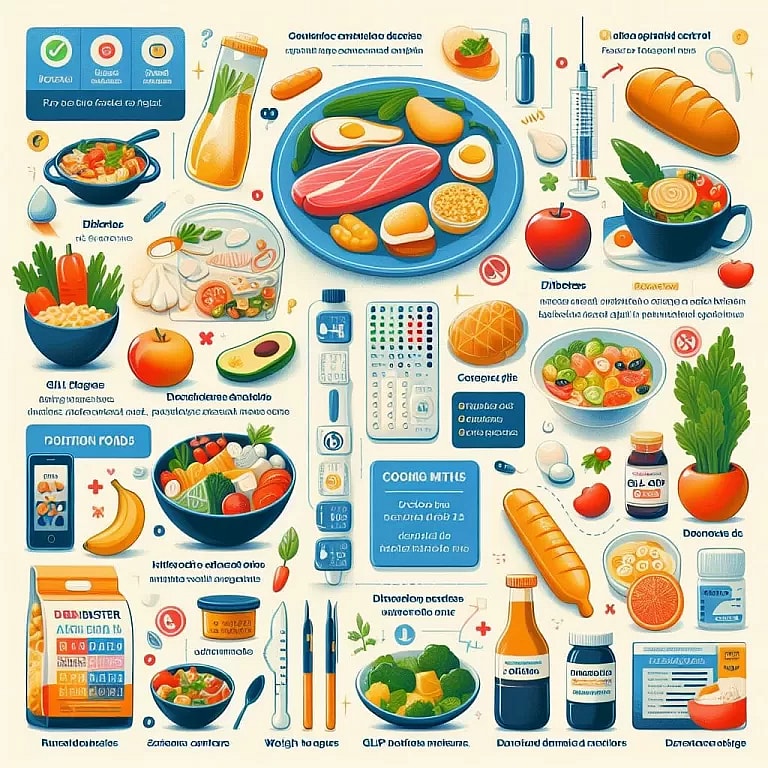Intermittent Fasting
**Intermittent Fasting: A Comprehensive Guide**
Intermittent fasting (IF) encompasses various dietary patterns that alternate between periods of eating and abstinence. Studies suggest that IF may offer numerous health benefits, such as weight management, improved metabolic health, and reduced inflammation.
**Benefits of Intermittent Fasting:**
* **Weight Loss and Fat Loss:** IF can help reduce calorie intake and increase fat oxidation, leading to significant weight loss.
* **Improved Blood Sugar Control:** IF has been shown to improve insulin sensitivity and blood sugar levels, potentially benefiting individuals with type 2 diabetes.
* **Reduced Inflammation:** IF may reduce chronic inflammation, which is linked to several diseases.
* **Cardiovascular Health:** IF may improve blood pressure, cholesterol levels, and other cardiovascular risk factors.
* **Cognitive Function:** Some research suggests that IF may enhance cognitive performance and protect against neurodegenerative diseases.
**Types of Intermittent Fasting:**
* **Time-Restricted Feeding (TRF):** Eating within a specific time window each day, typically between 8-10 hours.
* **Alternate-Day Fasting (ADF):** Alternating between days of unrestricted eating and days of fasting or low calorie intake.
* **5:2 Diet:** Eating normally for 5 days and restricting calories to 500-600 on the remaining 2 days.
**Considerations for Intermittent Fasting:**
* Consult a healthcare professional before starting an IF regimen.
* Choose a method that suits your lifestyle and preferences.
* Listen to your body and stop if you experience any adverse effects.
* Stay hydrated and ensure adequate nutrient intake.
Intermittent fasting can be an effective dietary approach for improving overall health and well-being. However, it’s important to approach it with caution and consider individual needs before adopting it. By understanding the benefits, types, and considerations involved, you can make an informed decision about whether IF is right for you.
**Additional Keywords:**
* Calorie restriction
* Metabolic health
* Chronic disease prevention
* Weight management
* Diet pattern
GLP-1 Medication Diet: Find the Optimal Nutrition Strategy

A balanced diet rich in high-fiber foods, healthy fats, and vegetables is beneficial when taking GLP-1 medications. GLP-1 medications, or glucagon-like peptide-1 receptor agonists, treat type 2 diabetes when other medications haven’t sufficiently managed blood sugar levels. Some GLP-1 agonists,…
**Ice Hack Diet: Ultimate Weight Loss Savior or Dubious Trend?**

The ice hack diet isn’t about living off of ice or eating only alpine foods. It’s a weight-loss strategy based on the idea that cold exposure speeds metabolism and helps burn calories. Your metabolism is the rate at which your…
